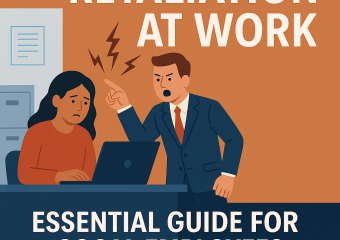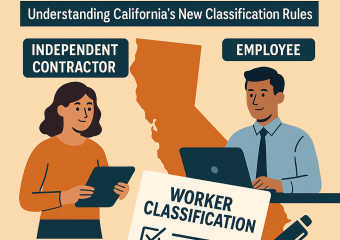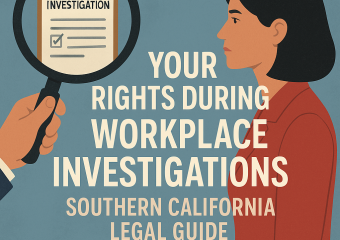Southern California’s Wage Laws: Are You Being Paid What You Deserve?
Southern California’s Wage Laws: Are You Being Paid What You Deserve?
In a bustling economy like Southern California’s, understanding the intricacies of wage laws is crucial for both employers and employees. The region, encompassing major cities such as Los Angeles, San Diego, and Irvine, is governed by a complex mix of federal, state, and local laws that ensure workers receive fair compensation for their efforts. This guide delves into the facets of these laws to help you ascertain whether you’re being paid fairly.
Decoding the Minimum Wage Requirements
To get started, the most fundamental aspect of wage law that affects nearly all employees is the minimum wage. As of 2023, California’s state minimum wage has surpassed the federal baseline, ensuring a higher standard of living for workers. Especially in Southern California, local ordinances in cities like Los Angeles and San Diego may set even higher minimum wages due to the higher cost of living compared to other areas.
Each city’s wage regulations can differ, so employees must consult their local Department of Labor website or a legal expert to verify the accurate rates applicable to them. It’s also worth noting that there are scheduled increases in the minimum wage that will progressively take effect annually. Staying informed about these changes can help employees ensure they are compensated according to the latest statutes.
Overtime Regulations in Southern California
California’s laws on overtime payment are more generous than those offered by federal law. In this state, any hours worked over 8 in a single day or over 40 in a week must be paid at one and a half times the regular rate of pay. Moreover, hours worked beyond 12 in a single day are subject to double the regular pay rate.
These rules apply universally across different sectors and, importantly, include a notable exception for certain salaried employees classified as exempt under professional, administrative, or executive categories. However, the criteria for exemption are stringent, requiring a detailed examination of the job’s duties and compensation.
Meal Breaks and Rest Periods
California also champions workers’ rights to rest and meal breaks. Workers are entitled to a 30-minute meal break if they work more than five hours a day, and this extends to an hour for shifts longer than 10 hours. Furthermore, for every four hours worked, employees must be given a minimum of a 10-minute rest break.
Violations of these laws can lead to claims against employers, who may be required to pay for missed meal or rest breaks. Such penalties can act as a deterrent against unfair labor practices and ensure that employees receive adequate downtime during their work hours.
Know Your Rights: Information and Resources
One of the most empowering steps you can take as a worker in Southern California is to educate yourself about your rights. Various resources are available for workers who suspect they’re not being paid fairly. The California Labor Commissioner’s Office provides a wealth of information and offers a channel through which wage claims and disputes can be filed.
Additionally, local legal aid organizations often host free or low-cost workshops and provide consultations to help workers understand and assert their rights. Joining a local union can also be an effective way to ensure fair pay, as unions often have more negotiating power to secure favorable wage rates and working conditions.
Taking Action
If you believe that your employer is not adhering to wage laws, taking action is important not only for your benefit but also to uphold the standards for others in your workplace. Documenting your hours, maintaining pay stubs, and keeping any relevant correspondence can help build a case should you need to file a claim.
Conclusion
Ensuring fair compensation is a cornerstone of a robust labor market in Southern California. By understanding and utilizing the wage laws in place, workers can safeguard their rights and contribute to a fairer working environment for all. Whether you’re in the bustling streets of Los Angeles or the tech hubs of Irvine, knowing your rights is the first step towards ensuring you’re being paid fairly in SoCal.




